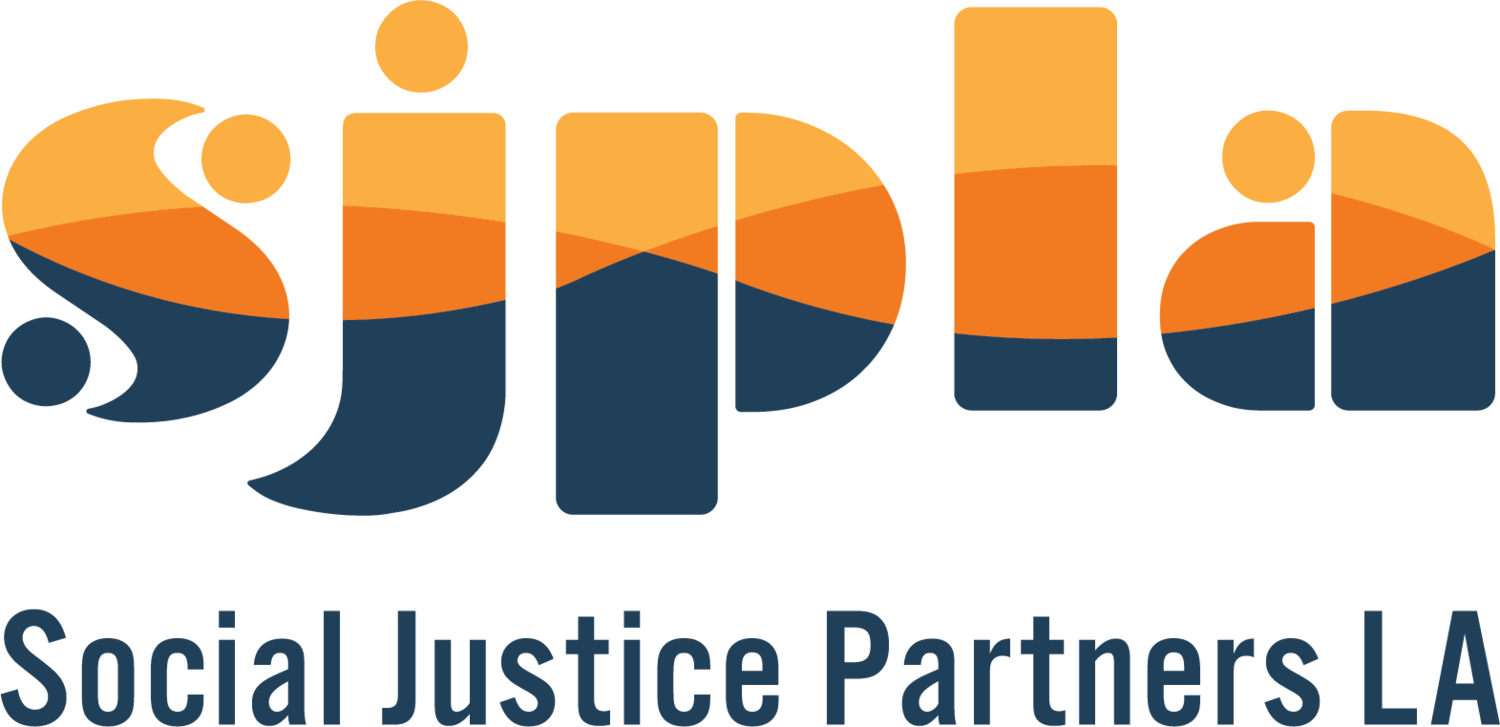Achieving Living Wages in L.A. County’s Homeless Response Sector
Investing in living wages reflects a commitment to a just and effective system.
As the cost of living in Southern California continues to rise, so does the need for sustainable solutions to address houselessness in the region. We recently commissioned a study by the RAND Corporation which highlighted the challenges faced by frontline workers in LA County's homeless response sector to shed light on this crucial issue and call for a living wage for these dedicated professionals.
Frontline workers are essential in the fight against houselessness as they engage directly with clients to help them find stable housing and access crucial services. However, the study reveals that these frontline workers, predominantly Black and Brown workers, often earn less than a living wage. This not only impacts their wellbeing, leading to financial stress, housing insecurity, and health concerns, but also results in high turnover and burnout, hindering our progress in ending houselessness. Addressing these wage disparities is an essential act of racial justice for both the workforce and the tens of thousands of unhoused Angelenos.
“We’ve invested billions in housing and services, but if we don’t invest in our workforce, we are perpetuating the problem itself,” said Christine Margiotta, Executive Director, Social Justice Partners LA. “This is an opportunity to bring our workplaces more in alignment with our values, to acknowledge that these wage inequities are a product of centuries of worker exploitation, particularly for Black and Brown workers, on whose backs this work was built. We must invest in our workforce and enable people who work in the sector to live at the standard of wellbeing that we want for our broader community.”
According to the study, a living wage in Los Angeles County should be a minimum of $64,000 annually for someone living in a 1-bedroom home and $82,000 annually for a two-bedroom home. The average salaries of frontline workers, however, range from just $40,000 to $60,000, well below what's necessary to afford basic needs.
Systemic barriers are preventing higher pay for the estimated 8,000 workers employed by more than 200 organizations in the region. Nonprofits in the sector have limited control over wages due to the restrictive nature of public service contracts. To make a real change, government and philanthropic funders need to commit to supporting higher pay, including allocating funds in grants to cover cost-of-living increases.
The report suggests several short-term and long-term approaches to raising wages in the homelessness response sector. These include covering the full cost of providers' work, including funds for worker cost-of-living wage increases in contracts and grants, and cutting red tape to increase flexibility for providers to pay living wages.
We believe that if funders take these steps, we can improve the conditions for workers in the sector and better serve those who need help the most. “Nonprofit workers should not have to choose between caring for ourselves and caring for our communities,” said Margiotta. “At SJPLA, we’ve set a living wage as a minimum salary in order to pay our workers what it takes to live and thrive in Los Angeles. This is only possible due to our funding structure, which is built on flexible, general operating and multi-year funding. Our partners in the homeless response sector are reliant on contracts and grants that don’t give them the same flexibility. This study shines a light on the ways government and philanthropic funders can create the conditions needed for our workforce and our communities to thrive.”
By investing in our workforce, we're not only improving their quality of life but also enhancing the quality of service and effectiveness of the homeless response system. Higher wages can lead to better morale, increased productivity, and reduced turnover - all of which benefit the clients and Los Angeles as a whole.
We at SJPLA are committed to advancing these goals through initiatives like the Racial Equity in Homelessness Initiative and our Liberatory Workplaces trainings. Together, we can create a more equitable and just sector for both workers and our communities.
To learn more about the findings, visit https://www.sjpla.org/achieving-living-wages-in-la-countys-homeless-response-sector.


